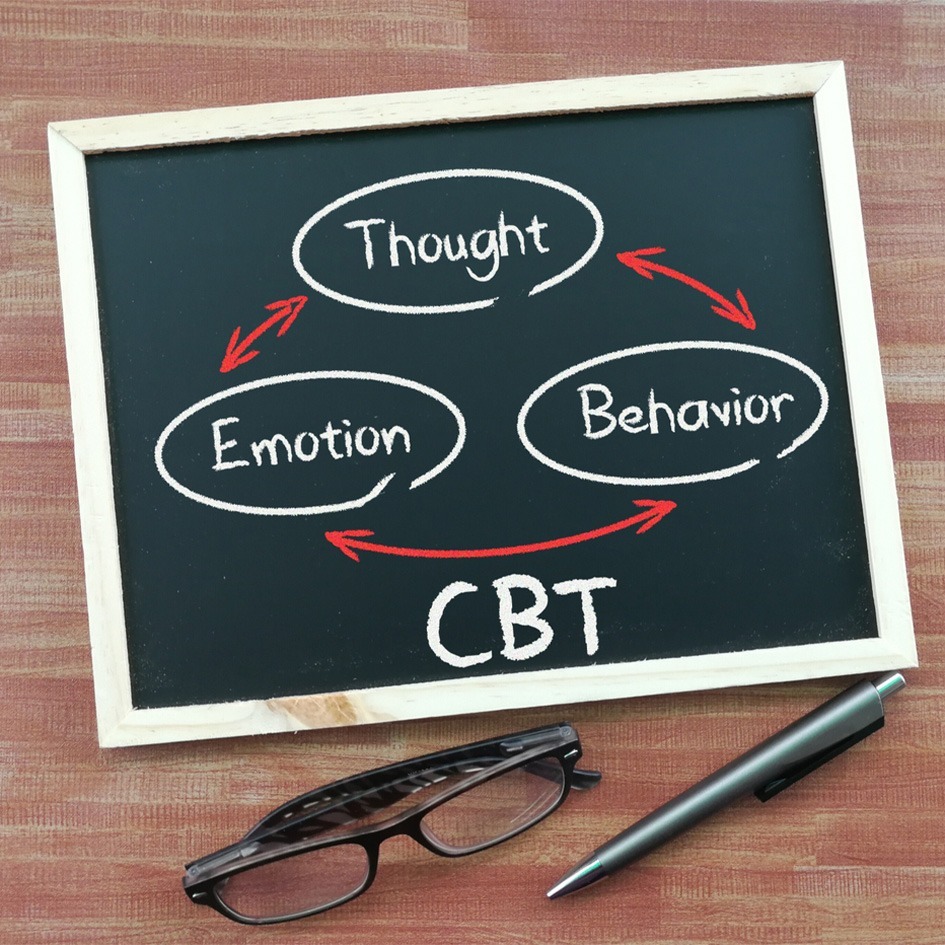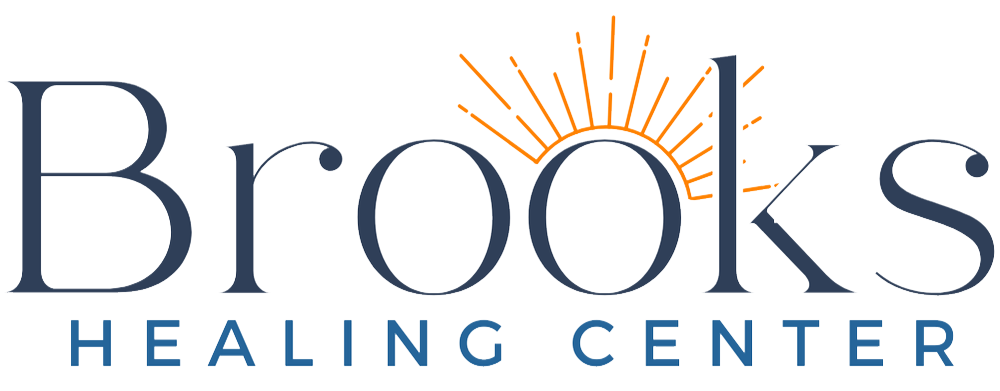Home / Modalities / Cognitive Behavioral Therapy
Cognitive behavioral therapy (CBT) has been used to treat everything from anxiety to bipolar disorder and is also commonly used to treat addiction. It helps patients recognize how their thoughts and actions can contribute to their behaviors and addiction(s).
Call Admissions 24/7/365

Cognitive behavioral therapy (CBT) has been used to treat everything from anxiety to bipolar disorder and is also commonly used to treat addiction. It helps patients recognize how their thoughts and actions can contribute to their behaviors and addiction(s).
Cognitive-behavior therapy is a goal-oriented talking therapy that focuses on the cycle of how our thoughts impact our feelings and, in turn, our actions. By analyzing your beliefs about the world, CBT disrupts catastrophizing and self-sabotaging coping behaviors to develop new thought patterns for positive feelings and healthier actions.
Cognitive Behavioral Therapy focuses on changing the automatic negative thoughts that can contribute to and worsen emotional difficulties, depression, and anxiety. These spontaneous negative thoughts have a detrimental influence on mood.
Through CBT, these thoughts are identified, challenged, and replaced with more objective, realistic thoughts. Numerous research studies suggest that CBT leads to significant improvement in functioning and quality of life. In many studies, this CBT cognitive restructuring has been demonstrated to be as effective as, or more effective than, other forms of psychological therapy or psychiatric medications.
During a CBT session, you will participate in practical coping skills training and abstinence strategies to help you manage cravings, cope with stress, improve communication, and build stronger relationships. These are skills that last a lifetime and have the potential to improve every arena of life.
Each new day is a fresh opportunity to make a life-altering change and improve your quality of life. We want to help you identify the underlying challenges to recovery and better understand yourself so you can finally live the life you were always meant to live. Call today to get started and learn more about BHC.
People who participate in CBT for substance abuse are learning to find alternatives to replace the time spent on their addiction. For example, after a stressful day, someone with a substance use disorder may turn to alcohol or drug use to relax and take the edge off.
With CBT for substance abuse, you will learn how to reframe those thoughts and habits and seek out healthier alternatives like taking a long walk or playing a video game to relieve stress. Other examples of CBT coping skills include:
CBT interventions are considered a first-line treatment for substance or alcohol use disorder and are associated with a wide range of benefits, including the following:[2]
If your counselor determines that CBT would be an effective treatment option, you’ll be able to participate in CBT as part of your inpatient rehab treatment. Our staff will be able to develop a treatment plan using CBT to help with your recovery.

Absolutely. CBT is the gold standard of addiction and behavioral health treatment across the board. More than 53 randomized clinical trials demonstrated the efficacy and success of CBT for substance abuse.[3] At Brooks Healing Center, we pair this evidence-based therapy with powerful community support and practical, hands-on guidance from our compassionate staff to offer the best possible experience.
The treatment timeline for each person varies based on their unique needs and individualized treatment plans. BHC patients are typically on-site for 30-45 days with weekly or more therapy sessions and access to ongoing treatment resources.
Without a therapist, CBT is just isolated information. The intention of rehab and therapy is to build connection, support, and accountability along with practical coping skills. That is the true power of addiction treatment programs.
[1]Linke, S. E., & Ussher, M. (2015, January). Exercise-based treatments for substance use disorders: Evidence, theory, and practicality. The American journal of drug and alcohol abuse. https://www.ncbi.nlm.nih.gov/pmc/articles/PMC4831948/
[2]McHugh, R. K., Hearon, B. A., & Otto, M. W. (2010, September). Cognitive behavioral therapy for Substance Use Disorders. The Psychiatric clinics of North America. https://www.ncbi.nlm.nih.gov/pmc/articles/PMC2897895/
[3]Magill, M., Kiluk, B. D., & Ray, L. A. (2023, February 19). Efficacy of cognitive behavioral therapy for alcohol and other drug use disorders: Is a one-size-fits-all approach appropriate?. Substance abuse and rehabilitation. https://www.ncbi.nlm.nih.gov/pmc/articles/PMC9948631/
